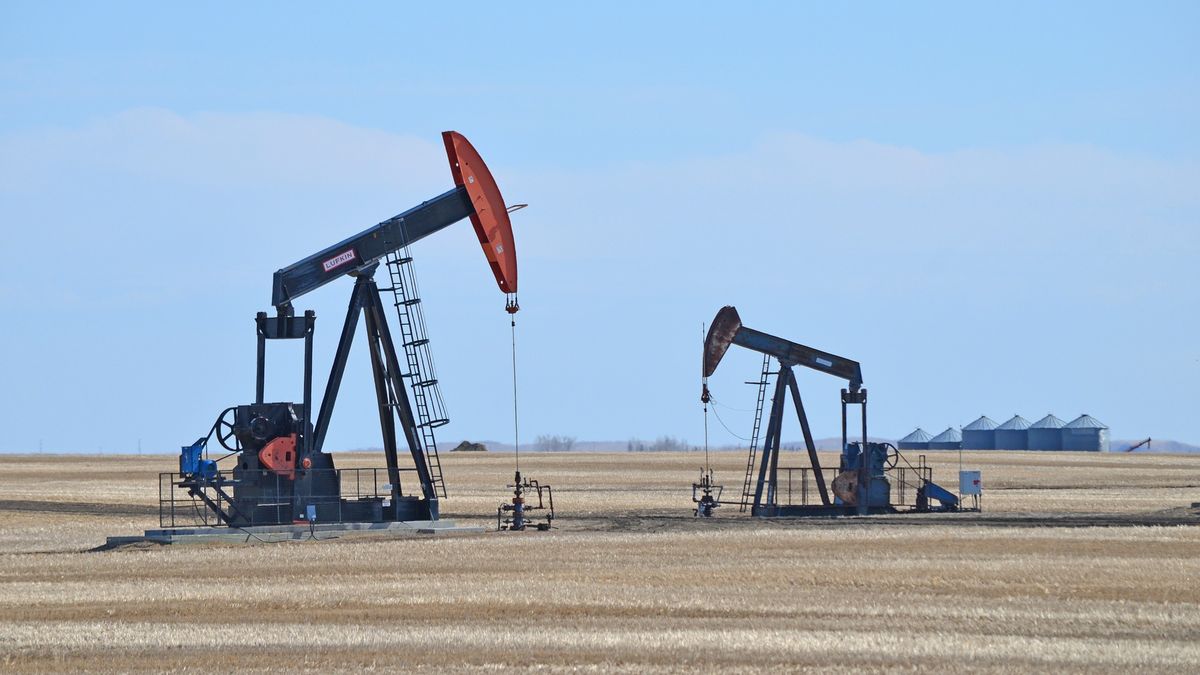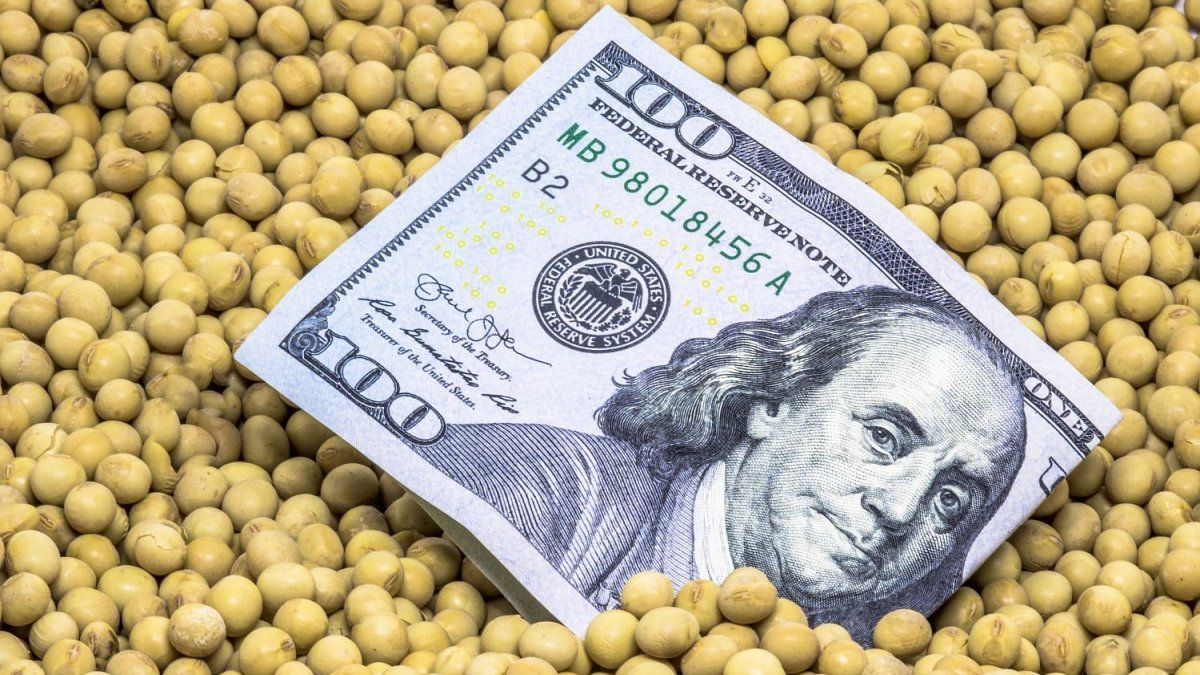According to the estimates of the multilateral organization in its report “Commodity Markets Outlook” (Commodity Markets Outlook) and released before publication by the Bloomberg and AFP agencies, for this year it is expected that the increase in energy prices exceeds 50% -the largest since the oil crisis of 1973-; while in the case of agricultural products and metals a rise of 20% is expected.
In all three cases, The expectation of the entity is that the values moderate in 2023 and 2024.
However, the report warns that in the event that the war is prolonged or Russia receives more sanctions for its invasion of Ukraine, prices could rise even more with greater volatility.
“We are facing the biggest commodity shock since the 1970s,” said Indermit Gill, Vice President of Equitable Growth, Finance and Institutions, noting that “as was the case back then, the shock is compounded by a spike in restrictions. of the exchange of food, fuel and fertilizers”.
For the World Bank, the war between Ukraine and Russia could lead to more lasting inflation, in addition to delaying the transition to clean energy sources, while countries seek alternative trade routes.
In the same way, the sharp rise in the value of energy and, by extension, of fertilizers would cause food shortages.
“The resulting rise in food and energy prices is exacting a heavy human and economic toll, and will likely slow progress in reducing poverty,” explained Ayhan Kose, director of the Outlook Group producing the report at the World Bank, adding that “Rising commodity prices are exacerbating already high inflationary pressures around the world.”
Among the various commodities, The World Bank estimates that wheat prices will advance 40% this yearan historical record in nominal termswhich will cause a increased pressure especially in developing countries that depend on food imports.
Likewise, in the energy field, oil is expected whose A barrel of Brent will average $100 over the year – the highest level since 2013 – while coal and natural gas will hit all-time highs in Europe, with values, in the case of gas, double those of last year.
In response to the crisis, the entity’s economists recommended that policymakers in governments and organizations focus on resolving the imbalance between supply and demand.
In addition, and along similar lines to that of the International Monetary Fund (IMF), the World Bank called for the design of targeted social protection programs, such as cash transfers and public works, instead of setting food and fuel subsidies.
Source: Ambito
David William is a talented author who has made a name for himself in the world of writing. He is a professional author who writes on a wide range of topics, from general interest to opinion news. David is currently working as a writer at 24 hours worlds where he brings his unique perspective and in-depth research to his articles, making them both informative and engaging.




